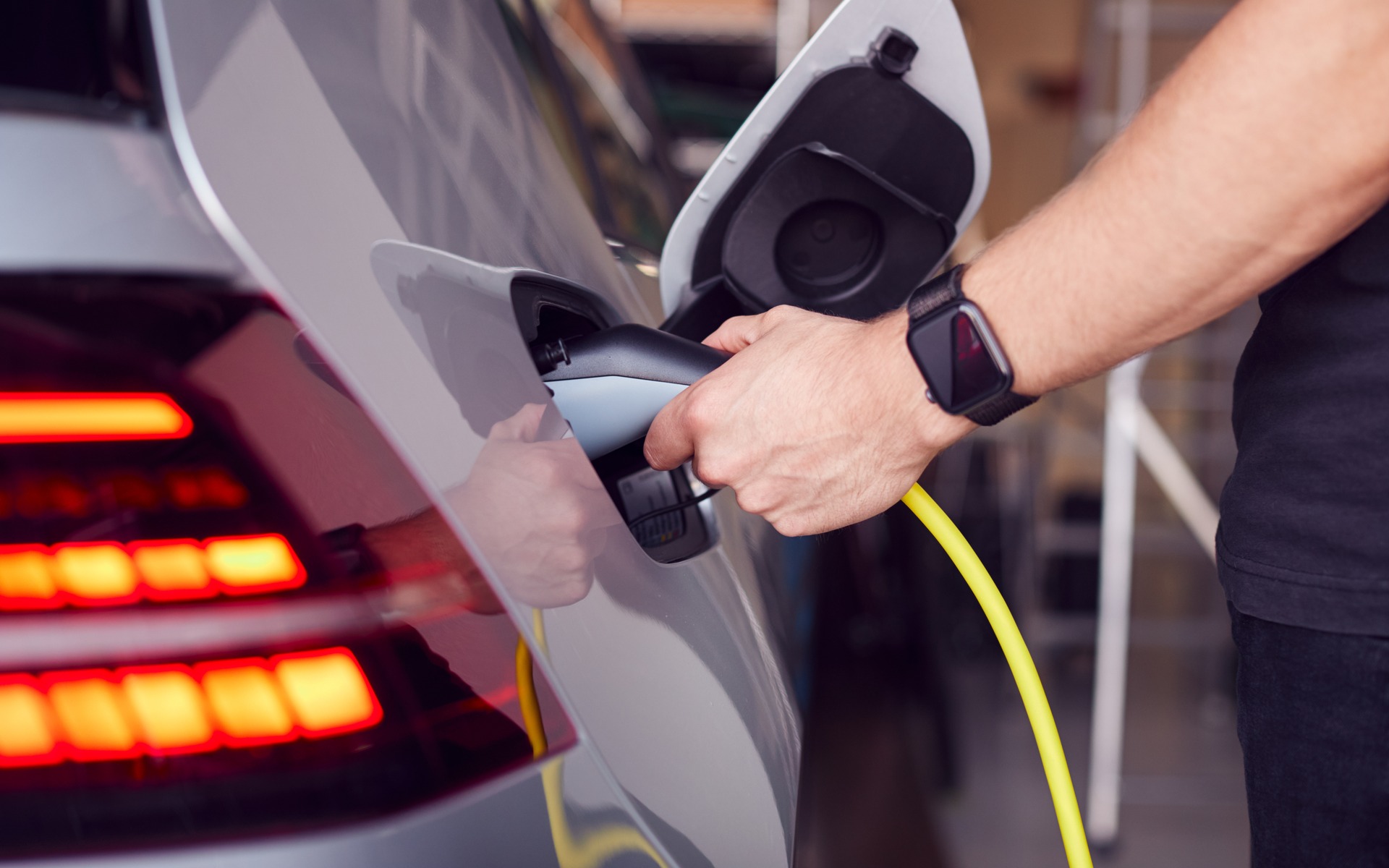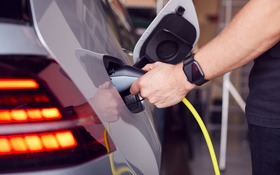Researchers Successfully Charge an Electric Car in 10 Minutes
Ten minutes of charging for 320 kilometres of range. That’s the incredible feat achieved by a team of engineers and researchers at Penn State University, who hope to solve the biggest hurdle to the widespread adoption of electric vehicles.
How did they do it? Well, they simply increased the temperature of a prototype battery to 60°C during charging, then brought it down to ambient levels during use.
With this variation of temperature, the team avoided the wear and tear that occurs when a lithium-ion battery operates at high temperature. It could even extend the battery’s longevity.
"Taking this battery to the extreme of 60 degrees Celsius is forbidden in the battery arena. It is too high and considered a danger to the materials and would shorten battery life drastically," said Chao-Yang Wang, William E. Diefenderfer Chair of mechanical engineering, professor of chemical engineering and professor of materials science and engineering, and director of the Electrochemical Engine Center at Penn State.
It will likely take a decade for the technology to enter production and become mainstream, according to Rick Sachleben, a retired chemist and member of the American Chemical Society, who has nothing to do with Wang’s work.
The key will be to make sure those ultra-fast charging solutions are safe, stable and not prone to explosion given the phenomenal amount of energy being transferred.











